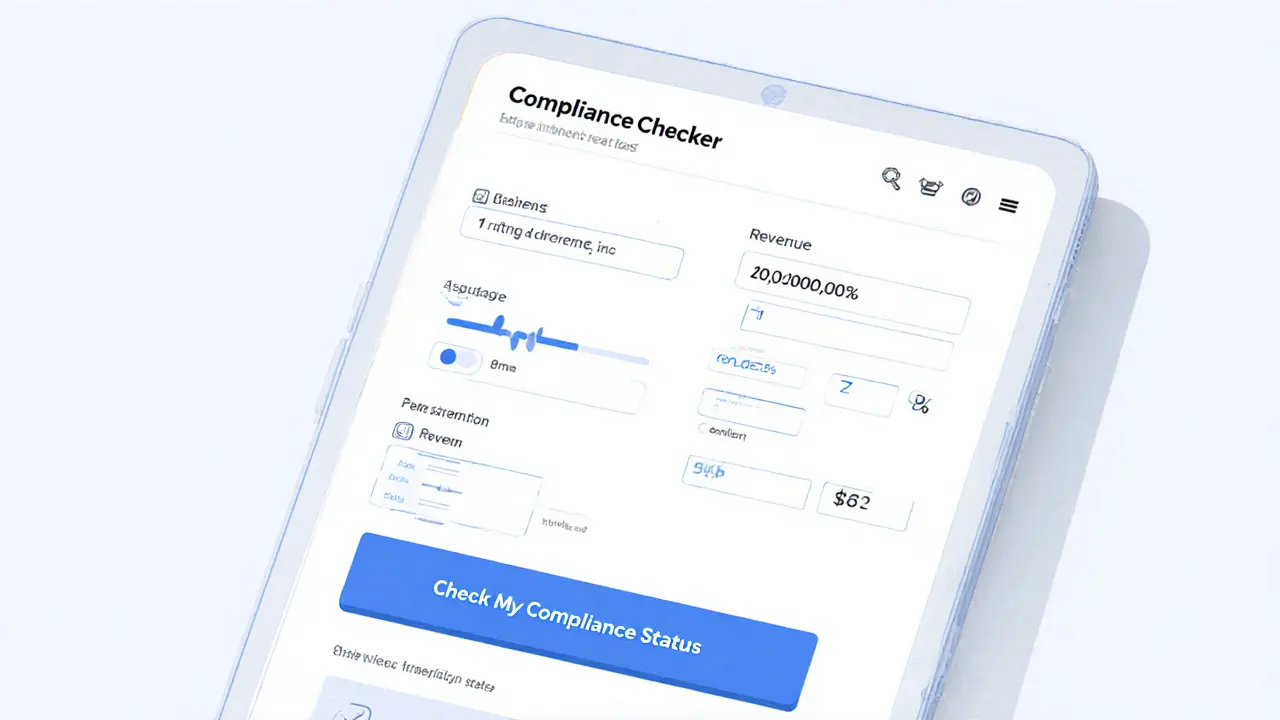Consumer Data Rights: Protecting Your Personal Info in Crypto and Finance
When dealing with Consumer Data Rights, the legal entitlements that let individuals control, access, and correct their personal information. Also known as Data Rights, they become critical whenever you trade, invest, or use digital wallets. Alongside, Data Privacy, the practice of safeguarding personal data from unauthorized access and the GDPR, the European Union regulation that sets strict standards for data handling shape the landscape of modern finance.
Why It Matters for Crypto Users
Consumer data rights encompass the right to know how your information is used by exchanges, DeFi platforms, and mining pools. This means you can demand transparency for data collection on services like Gate.io, Glide Finance, or any peer‑to‑peer network. Blockchain compliance requires firms to align with GDPR and local privacy laws, influencing KYC procedures and how wallets store personal identifiers. Your personal data – name, address, transaction history – becomes a valuable asset, and regulations dictate that you must give informed consent before it’s shared.
Data privacy influences the security features of crypto tools. For instance, a mining pool switch guide stresses the need to protect your account credentials, while airdrop claims (e.g., RING token, YOOSHI SHIB ARMY) often request email verification – a step that should respect your consent preferences. When platforms fail to honor these rights, users can file complaints under GDPR or local consumer protection agencies, forcing the service to delete or correct erroneous records.
Personal data protection also ties into market dynamics. Regulations like Thailand’s SEC crypto exchange rules or Russia’s ruble trading restrictions embed data‑handling clauses, ensuring that traders’ identities are securely stored and not misused. Understanding these connections helps you choose exchanges that prioritize privacy, such as those that offer two‑factor authentication, hardware‑wallet integration, and clear data‑retention policies.
In practice, exercising your consumer data rights involves a few concrete steps: request a data access report from any platform you use, review their privacy policy for data sharing with third parties, and opt‑out of unnecessary marketing communications. If you spot a mismatch between a platform’s claim and its behavior – say, an exchange promising “no data selling” but still linking your wallet to advertising networks – you can demand correction or removal under GDPR’s right to rectification.
As the crypto ecosystem evolves, new services like modular blockchains or sidechain bridges introduce fresh data challenges. These technologies often move user information across multiple layers, making transparency even more crucial. Staying informed about the latest compliance updates ensures you keep control over your personal data while taking advantage of innovative financial tools.
Below you’ll find a curated list of articles that dive deeper into specific crypto topics – from exchange reviews and regulatory guides to airdrop procedures – all examined through the lens of consumer data rights and privacy. Use them to sharpen your understanding, protect your information, and trade with confidence.
2025 Privacy Protocol Regulations: U.S. State Laws & Global Framework
A detailed guide to the 2025 privacy protocol regulations, covering eight new U.S. state laws, global frameworks like India's DPDPA, compliance steps, common pitfalls, and a FAQ.
VIEW MORE
